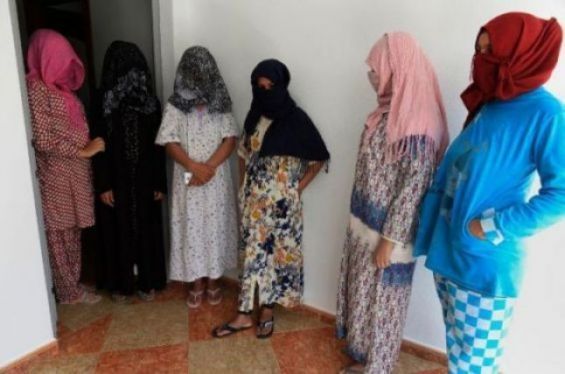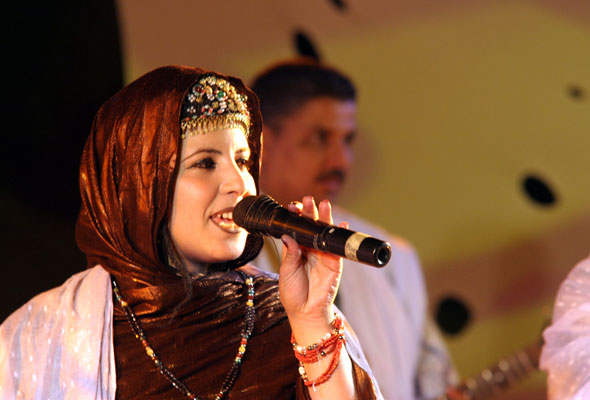Minister of Employment and Vocational Training Mohamed Yatim said, recently in Rabat, that his department is working on the creation of a «circular migration model for seasonal workers sent to work in Spain's strawberry fields».
During a meeting attended by officials from the National Agency for the Promotion of Employment and Competencies (ANAPEC), which is tasked with selecting the women sent to Huelva, the minister said that «the 2019 operation is expected to include 20,000 Moroccan women, hired to pick fruits in the Huelva region in Spain, in comparison with 4,000 workers sent in 2018».
Mohamed Yatim stressed that «the objective of this new model is to improve the social status of the workers in question and that of their families and provide them with a better income».
To implement the new measure, a «governmental commission will hold a meeting to review the details of the circular migration model, which will allow female workers hired by this operation to be granted a residence card after a period of four years», explained the Minister.
Moroccan workers and sexual assaults in the fields
This new project comes as Moroccan workers sent by the ministry of employment to Spain suffered from a very unusual season. In fact, several women who worked in strawberry fields in Huelva complained openly about their terrible working conditions. Some of them have even lodged a complaint against their managers accusing them of sexually assaulting them.
Seven months after the above-mentioned complaint was filed by ten Moroccan female workers, the case has not been concluded yet.
These women have not obtained residence permits yet. Moreover, in September, they sought the help of Spain’s National Court (Audiencia Nacional), an exceptional high court in the country.
After it was studied by Spain’s high court judge Santiago Pedraz, the court ruled that the it is not entitled to take care of such a complaint.
The ten women are now supported by their lawyers. Although they want to return to Morocco, the ten women think that they can do that only «when they will prove that they are the victims», as one of them told Yabiladi in October.




 chargement...
chargement...












